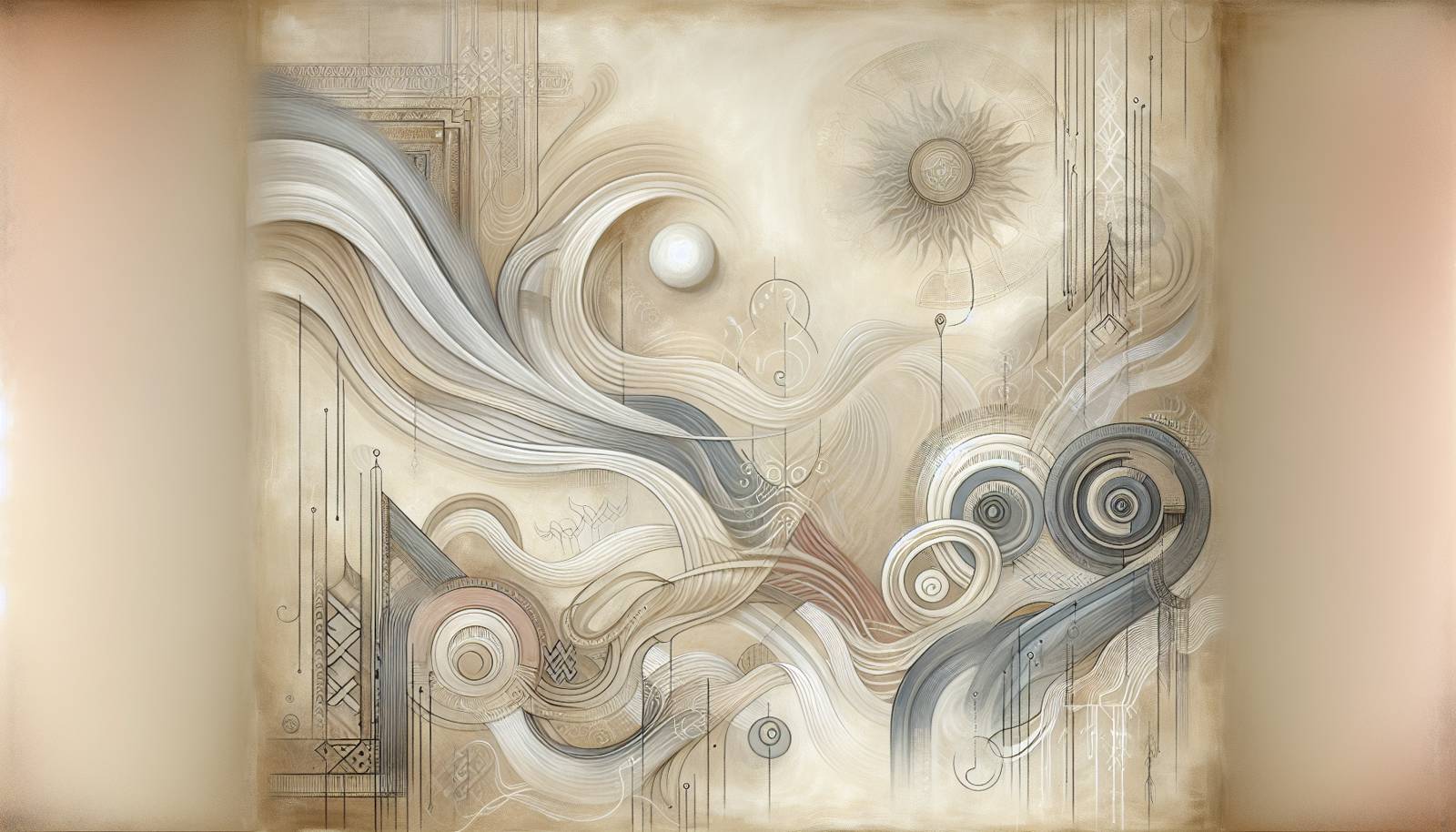
FAQ About Role of Mythology in Video Game Narratives

What is the role of mythology in video game narratives?
Mythology plays a significant role in video game narratives by providing rich source material that can enhance storytelling and world-building. It offers familiar themes, archetypes, and story structures that resonate with players. Mythologies can provide a framework for characters' journeys, moral dilemmas, and epic battles, thereby deepening player engagement and emotional investment.

How do video games incorporate mythological themes in their storylines?
Video games incorporate mythological themes by adapting ancient stories, characters, and settings into their narratives. This can involve reimagining mythological figures such as gods and heroes, creating plotlines that parallel mythological tales, and utilizing symbolic elements from myths to enrich gameplay environments. Developers often blend these mythic themes with original content to create unique and immersive experiences.

Can you give examples of games that use mythology in their narratives?
Many popular video games incorporate mythology into their narratives. For example, the "God of War" series is heavily inspired by Greek and Norse mythology, featuring characters like Zeus and Thor. "Assassin's Creed: Odyssey" explores ancient Greek myths, while "Hades" reimagines the underworld from Greek lore. These games use mythological elements to craft engaging storylines and dynamic worlds.

Why are mythological stories appealing in video games?
Mythological stories are appealing in video games because they offer timeless narratives filled with universal themes such as heroism, betrayal, love, and revenge. These stories have been told for centuries, and their familiarity helps players connect with the game world. Additionally, mythologies provide epic settings and characters, offering endless possibilities for creative storytelling and immersive experiences.

How do mythological elements enhance player engagement in video games?
Mythological elements enhance player engagement by providing depth and context to the gaming experience. The use of familiar myths can evoke emotions and provoke thought, encouraging players to explore and connect with the game's narrative. Mythological elements often include grand quests, moral choices, and timeless struggles, which keep players invested in the outcome and motivate them to uncover more of the story.

What challenges do developers face when adapting mythology in video games?
Developers face several challenges when adapting mythology in video games, such as staying true to the source material while introducing unique twists to keep the narrative fresh. Balancing mythological accuracy with creative license can be difficult, as some changes may alienate purists while others may enhance gameplay. Additionally, developers must ensure cultural sensitivity and avoid misrepresentation when dealing with diverse mythological traditions.

Are there unique benefits to using mythology in video game storytelling?
Using mythology in video game storytelling offers unique benefits, including a rich tapestry of characters, settings, and narratives that can inspire creativity and innovation. Mythology provides ready-made symbols and themes that resonate deeply with players. It also allows developers to explore complex philosophical and moral questions, creating layered stories that transcend traditional gaming experiences.

How do players typically respond to mythological narratives in games?
Players typically respond positively to mythological narratives in games, as these stories often evoke a sense of wonder and adventure. The familiar themes and characters can create an instant connection, making it easier for players to become emotionally invested. Many gamers enjoy learning about mythological traditions through gameplay, which can spark interest in the original myths themselves.

What role does cultural context play in the adaptation of mythology in games?
Cultural context plays a vital role in the adaptation of mythology in games, as it informs how developers approach the material and how it is received by audiences. Adapting mythology respectfully requires understanding the cultural significance of the stories and characters involved. Developers must consider historical accuracy, cultural sensitivities, and potential misinterpretations to create respectful and engaging content.

How does mythology influence the design of game characters and settings?
Mythology influences the design of game characters and settings by providing archetypes and motifs that can be reimagined in the game's world. For example, mythological heroes often inspire protagonists, while gods and monsters become formidable adversaries. Mythological settings offer rich tapestries for game worlds, filled with mystical landscapes, legendary cities, and enchanted artifacts, all of which enhance the visual and narrative depth.
